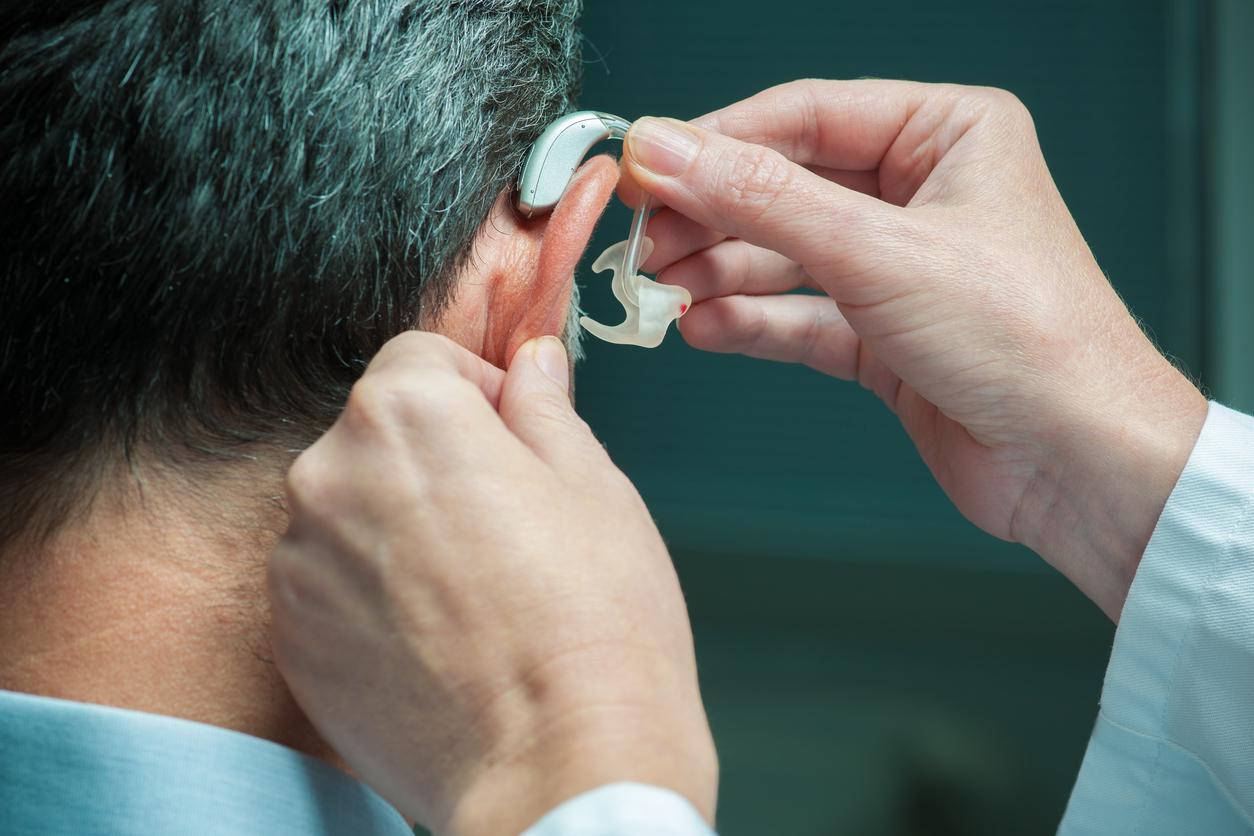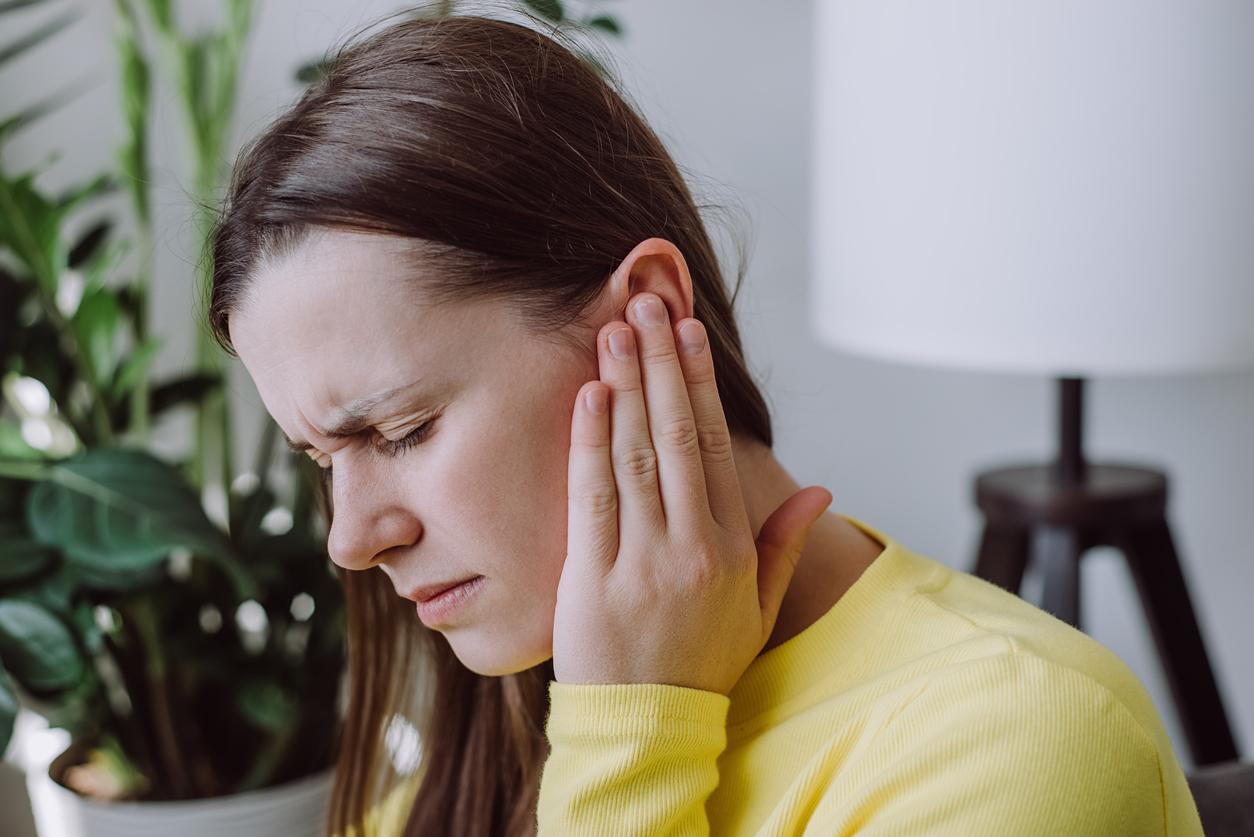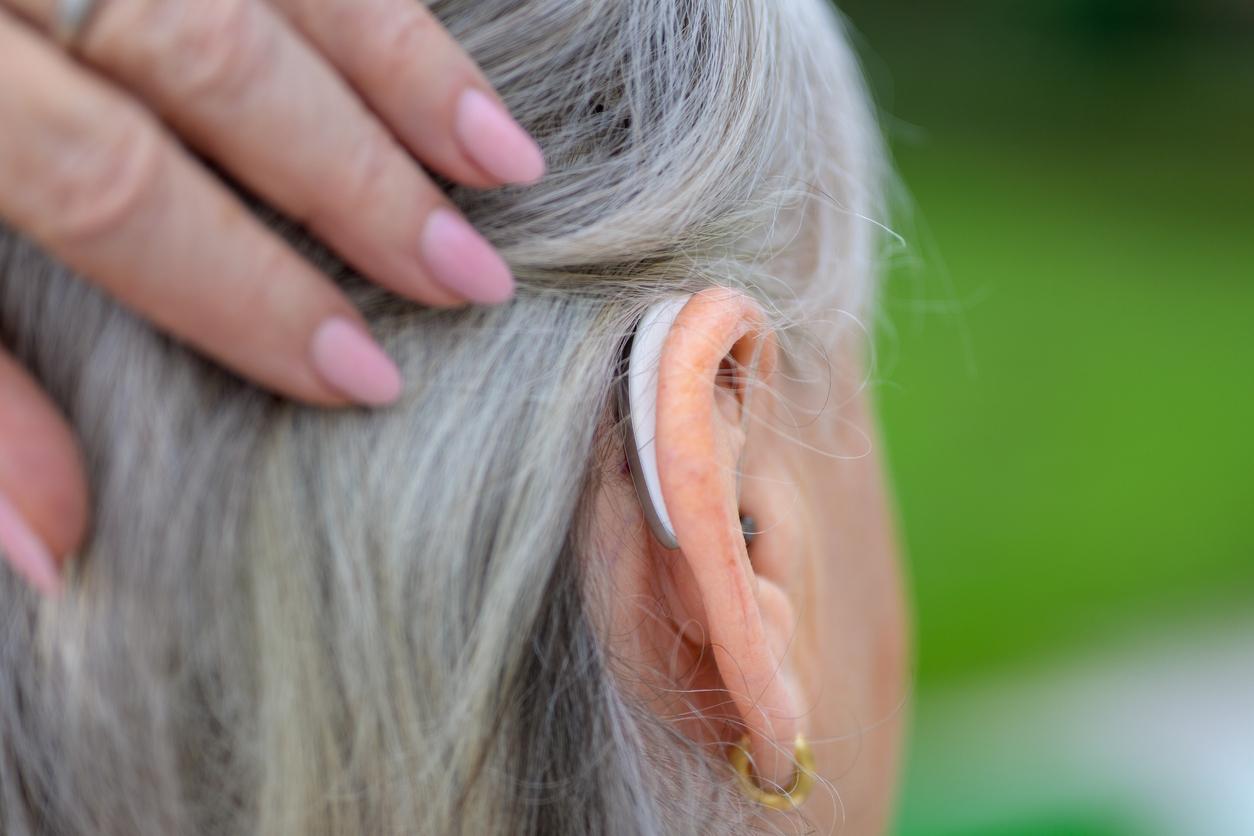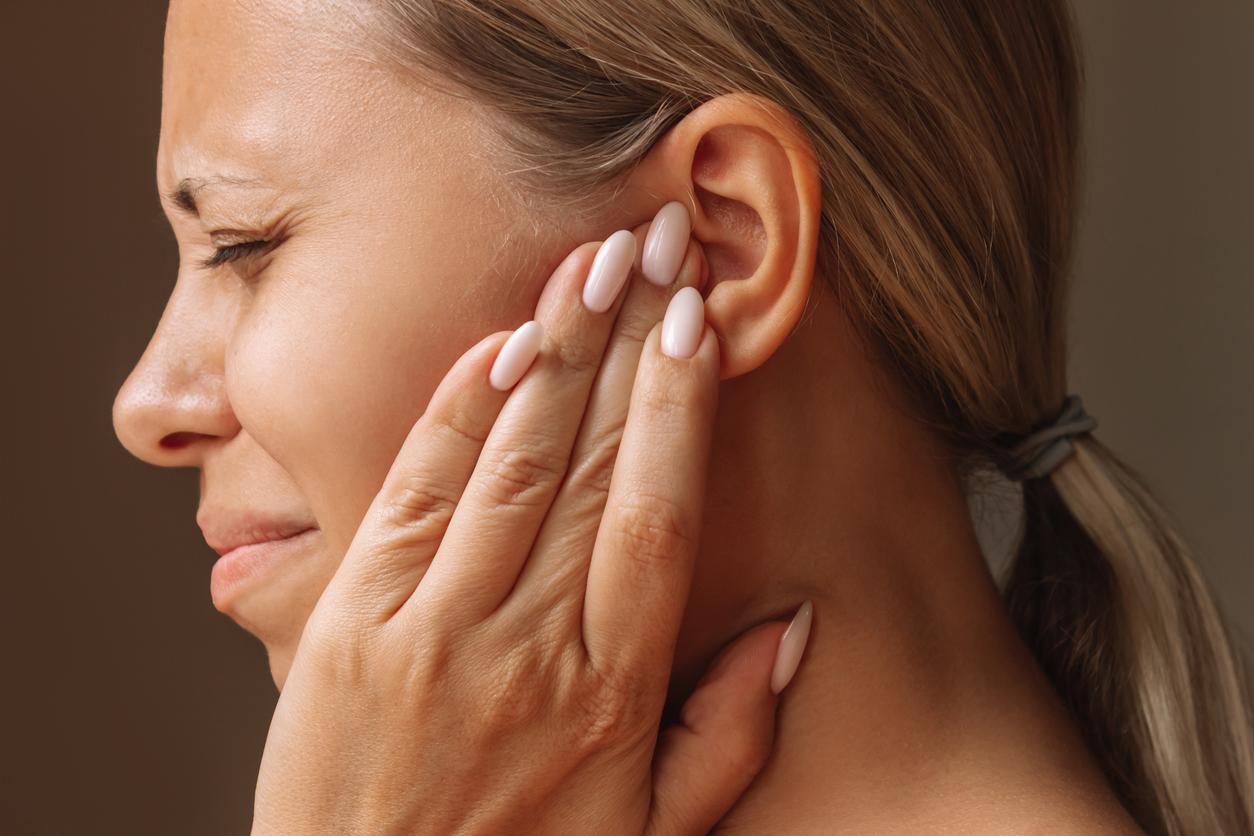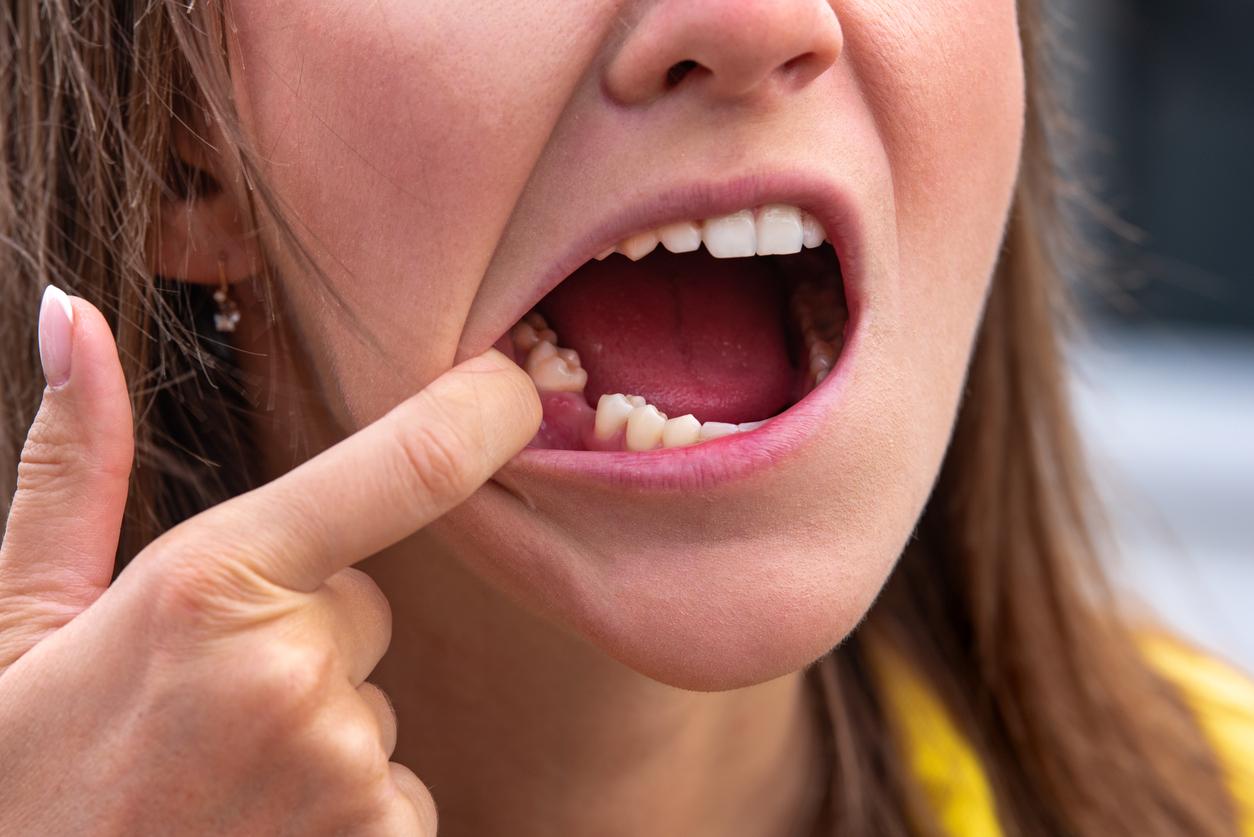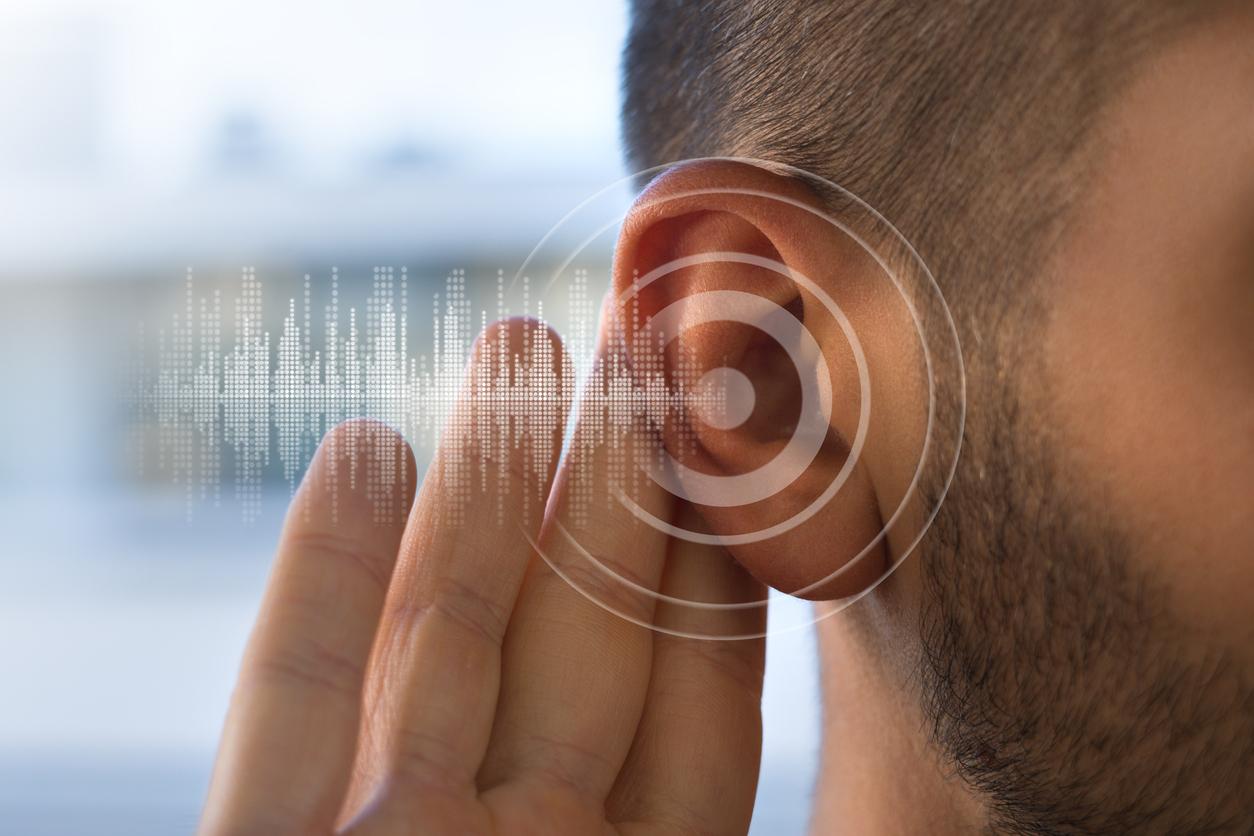
April 17, 2017.
If you believe that hearing problems only affect the elderly, or that in order to be one of those at risk you have to have a noisy job, you are wrong! If the modern way of life makes noise inevitable, certain precautions would nevertheless make it possible to reduce its exposure.
Living in a noisy city would make you look 10 years old!
According to a study published in 2014 by Lai Meng Looia, Detlev Gantenb, Peter F McGrathc, Manfred Grossd and George E Griffine in the prestigious journal The Lancet, living in a noisy city increases the risk of hearing loss by 63%. And it’s not just our hearing that is at stake: prolonged exposure to noise is a source of annoyance, trouble sleeping and drowsiness during the day. In addition, it increases the risk of developing hypertension and cardiovascular disease and decreases cognitive performance in children.
More recently, in March 2017, the German company Mimi Hearing Technologies published the results of its research on the links between noise pollution in urban settings and hearing loss. The study of 200,000 people living in 50 different cities found that people living in the noisiest municipalities were 10 years “older” in terms of their hearing, compared to people living in the countryside. To obtain data on the noise level in each city and neighborhood studied, the researchers used data from measurements taken after the obligation to map noise was introduced in the European Union for cities over 200,000. residents.
It is not only the noise level that matters, but also the duration of exposure
According to the study published in The Lancet, prolonged exposure to noise exceeding 85 decibels is potentially dangerous. For information, a typical conversation revolves around 60 decibels, and the silence perceived as complete by man is around 0 decibel. This means that when you walk on a street with heavy traffic or spend the evening in a noisy bar, your hearing suffers. This dramatically changes our preconceived notions that only our presence at a noisy concert or working with a jackhammer would be detrimental to our hearing.
In the United Kingdom, anyone whose work involves prolonged exposure to noise exceeding 85 decibels has the right to protective equipment and regular monitoring by a doctor. At the same time, our phones, computers or mp3 players can produce sound exceeding these 85 decibels, without there being a technical obstacle to such a setting.
As the authors of the study recall, 360 million people around the world, including 32 million children, suffer from hearing problems.
Read also: What to know about cochlear implants
Anton Kunin








